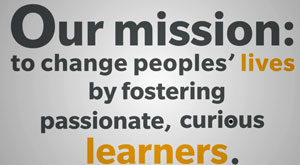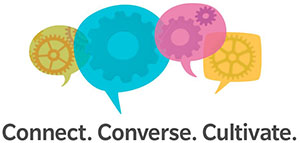
Private and Parochial Schools Newsletter November 2015 |
||||
Square Pegs for Round Goals: College, Career, and Life Preparedness for Students
|
|
|||
Professional Development CornerFrom The Teacher Tip, A Free App from Heinemann 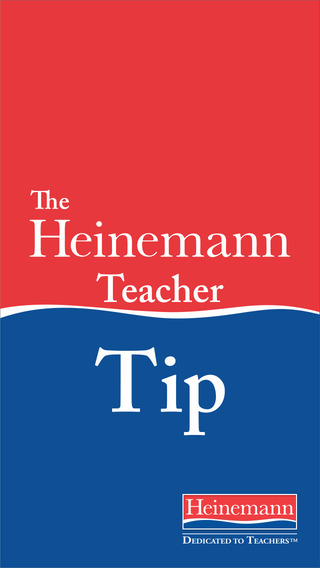
Stimulate Classrooms With Book Video Blogs Set up a blog where your students can discuss books they are reading online. Encourage students to record Book Video Blogs, or “Vlogs,” to their personal page. Show them a tutorial video on how to post videos to their blogs. Create a Book Vlog Anchor Chart, like the one below, to instruct students to make a creative “Vlog” of their own. How to make a Book Vlog:
These snapshots enhance our classroom with technology. They also reflect some of our core beliefs about teaching. These video recordings transform how we assess our developing readers and writers. When our students record a video reflection we get a clear picture of how they’re building knowledge around a topic. A video of a student talking about his or her learning is the feedback we need to plan tomorrow’s instruction. Kids like to talk; when we open the door for them to do so, we get a great deal of insight into them as learners, thinkers, communicators, and people. Muhtaris, Katie, and Kristin Ziemke. 2015. Amplify: Digital Teaching and Learning in the K-6 Classroom. |
|
Private and Parochial Performance Program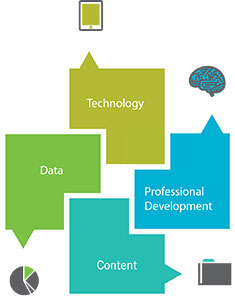
We know there is a story behind every student, teacher and parent, and each one has different needs and expectations for learning. That’s why we designed a solution that allows for individualized delivery models (online, blended, and traditional) to address all types of learning styles. Whether you want to drive performance or develop an exceptional curriculum with research-driven content, HMH offers you the flexibility to adopt instructional products, data, professional development resources and technology in any combination to meet the unique needs of your education strategy. Ask HMH to tailor a proposal that best meets the unique needs of your school and students. Technology Advanced technology, including digital content, assessment data, and evolving instructional methods, expands opportunities for personalized teaching and learning. Data Assessment and data management tools help educators monitor and support the achievement of every student. Content Address your school’s unique needs with an integrated curriculum that is both creative and effective. Professional Development Give your teachers the tools for success with on-site implementation training and ensure your program delivers optimal student results. |
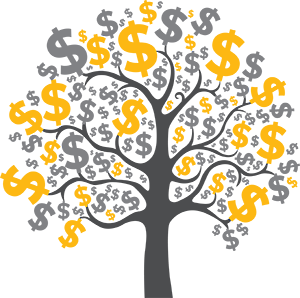 Financial Resources to Help Your School Excel
|
Upcoming Events
Visit HMH at these upcoming local events: |
|
SAT® is a registered trademark of the College Entrance Examination Board, which was not involved in the production of, and does not endorse, these products.
Continuum Assessments™ and Houghton Mifflin Harcourt™ are a trademarks or registered trademarks of Houghton Mifflin Harcourt. © Houghton Mifflin Harcourt.
|

